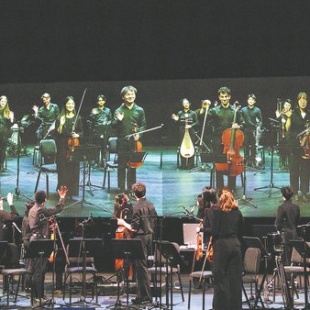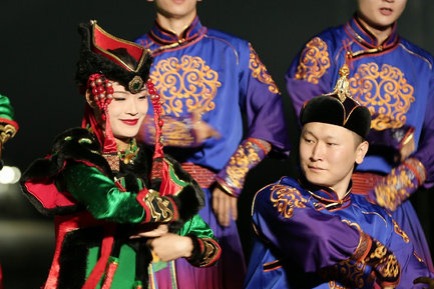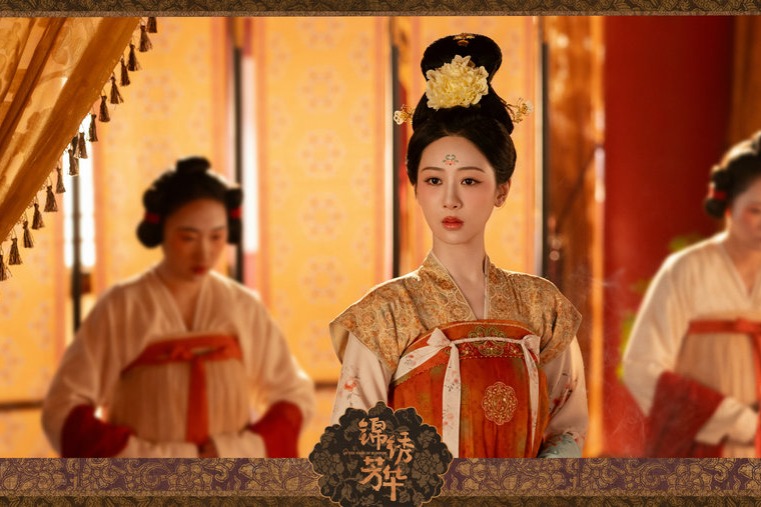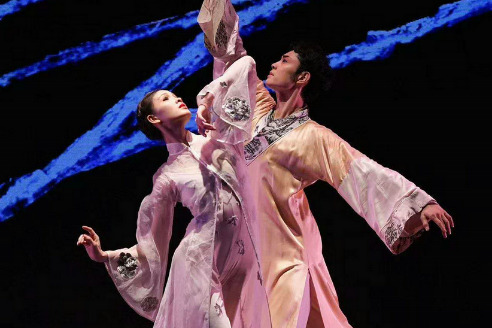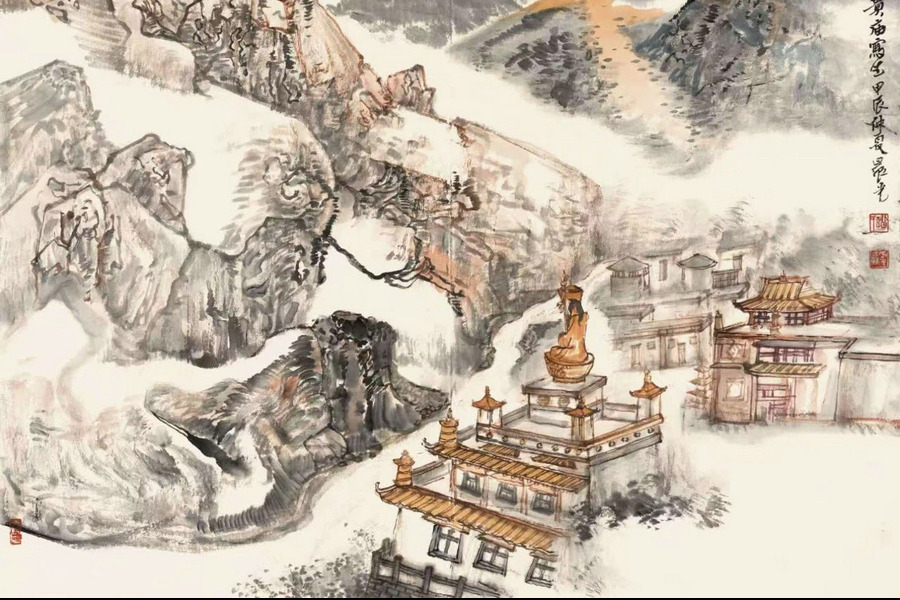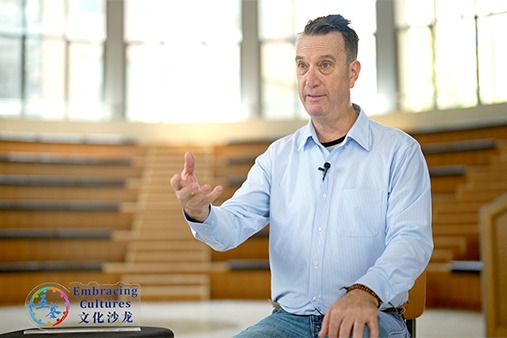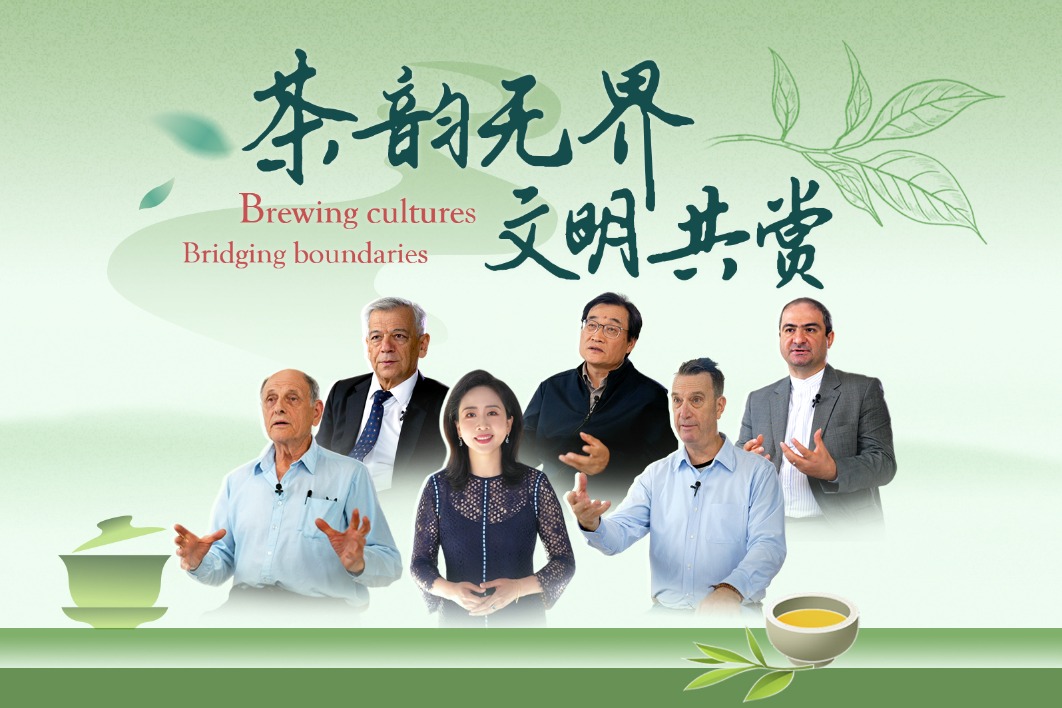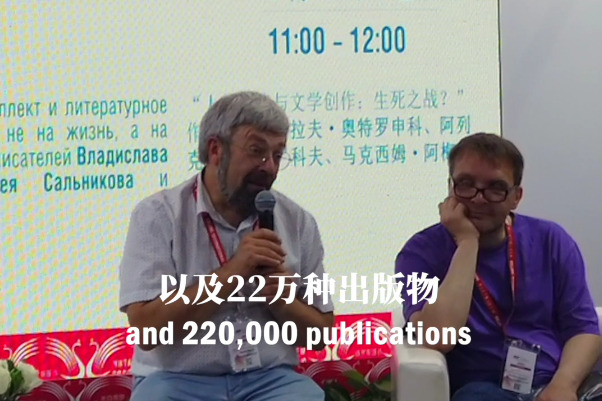In tune with AI
Performers believe instead of resisting technology, it's better to leverage it to expand audience base, Chen Nan reports.

Ludwig also mentions that for his composition students at Juilliard, he encourages them to compose on paper rather than on a computer to challenge and deepen their creative process.
"For me, resistance to technology is futile," he says. "My father used to say, when faced with an inevitable outcome, it's like 'sweeping back the ocean'. We need to share our passion as artists and teachers, and deploy AI as a tool to help us extend the breadth and depth of our reach to a world of people seeking empathy, meaning, joy, and compassion."
The discussion was part of the Orchestral Symposium and Leadership Forum organized by Tianjin Juilliard, held from May 26 to 31. The event brought together musicians and educators from 30 conservatories and institutions worldwide.
"I especially appreciated hearing from the Chinese institutions," says Jose Garcia-Leon, the Henry and Lucy Moses Dean of Music at Yale University. "It was fascinating to see how they're tackling challenges we all face in higher education."
"China is not just participating in the future of classical music, it is helping to shape it in profound ways. The depth of talent, the scale of investment in the arts, and the commitment to music education across China are remarkable and inspiring," he adds.
Peter Tornquist, dean of the Yong Siew Toh Conservatory of Music at the National University of Singapore, says he is impressed by Ludwig's reflection on how emerging technologies intersect with deeply rooted artistic traditions.
"Tradition isn't about stasis — it's about reinterpreting it for the challenges and opportunities of today," Tornquist says.
"We created this platform to bring together music educators and young musicians from around the world. It's about learning from each other and exploring how music education can evolve in this rapidly changing era," says He Wei, CEO and Artistic Director of Tianjin Juilliard.
"The forum provided a special opportunity for music conservatory leaders and students from around the world to come together, discuss the most pressing issues of our time related to music performance and education, and make music in a unique setting," says Juilliard's President Emeritus Joseph W. Polisi, who is also the chief China officer of Tianjin Juilliard.


